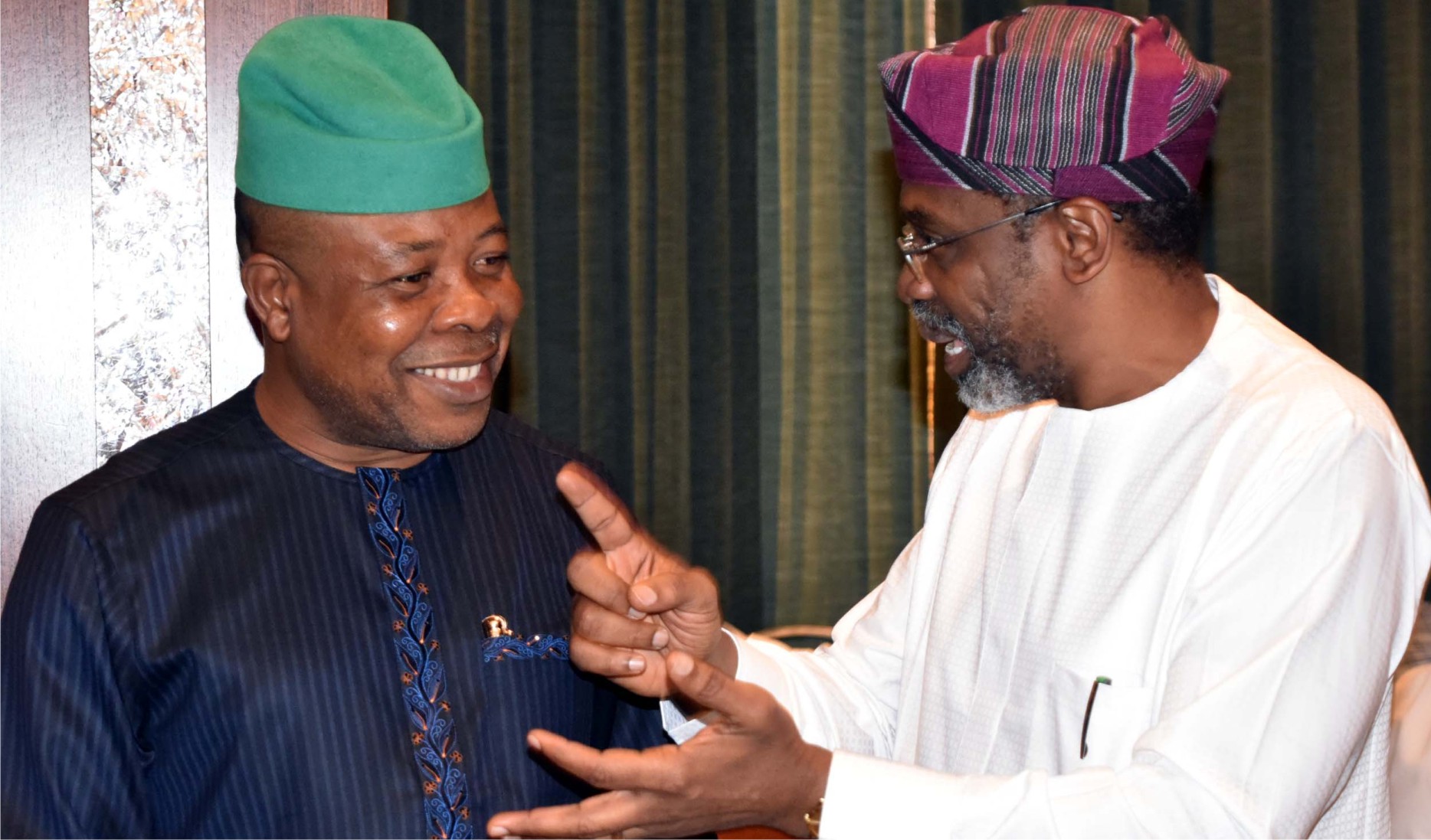Business
Reps Move To Probe $396m Spent On Refineries’ TAM

The House of Representatives has resolved to probe the over $396.33million spent on Turn Around Maintenance of the nation’s three refineries.
The investigation will focus on the three refineries, Kaduna, Warri and Port Harcourt, covering 2013-2017.
The decision followed a motion moved by Hon. Ifeanyi Momoh, yesterday during plenary.
In his motion, Momoh attributed the inability of the refineries to operate at Maximum capacity to corruption.
“Nigeria has three major refineries situated at Port- Harcourt, Warri and Kaduna, with installed capacity to refine 445,000 barrels of oil, enough for domestic consumption and export.
“This objective has not been realised owing to a combination of factors, including corruption and inefficiency in the running of the refineries which regular “Turn Around Maintenances” have been mismanaged over the years,” he stated.
The lawmaker said the investigation became imperative following the report by Nigeria National Resource Charter (NNRC) which revealed that “NNPC spent a whopping $396.33 million between 2013 and 2017 to carry out repair works under the “Turn Around Maintenance” (TAM) scheme on its three decrepit refineries at Port-Harcourt, Warri and Kaduna.”
He noted that “NNPC also spent N276.872 billion on operating expenses of the refineries between 2015 and 2018, as well as $36 billion on importation of petroleum products between 2013 and 2017,” according to the report by NNRC.
Momoh stated further that “the three refineries contribute less than ten (10) percent annually to Nigeria’s Gross Domestic Product (GDP) and they are also among the league of refineries with the highest operating costs worldwide, as their consolidated capacity utilization dropped to 6.1 percent at the end of September, 2017.
“Going by the reckoning of the NNRC, the $36 billion the country spent on importation of petroleum products in the last four years could have built four brand new refineries of similar capacity for the country with the same 650,000 barrels per day processing capacity as the refinery that Dangote Group is currently building in Lagos State.”
To this effect, the House urged the Federal Government to consider divesting a certain percentage of its shareholding in Port-Harcourt, Warri and Kaduna refineries to competent investors under transparent and fair bidding process.
Business
Fidelity Bank To Empower Women With Sustainable Entrepreneurship Skills, HAP2.0
Business
President Tinubu Approves Extension Ban On Raw Shea Nut Export
Business
Crisis Response: EU-project Delivers New Vet. Clinic To Katsina Govt.
-

 News2 days ago
News2 days agoAmend Constitution To Accommodate State Police, Tinubu Tells Senators
-

 Politics2 days ago
Politics2 days agoSenate Urges Tinubu To Sack CAC Boss
-

 News2 days ago
News2 days agoDisu Takes Over As New IGP …Declares Total War On Corruption, Impunity
-
Business3 days ago
President Tinubu Extends Raw Shea Nuts Export Ban To 2027
-
Business3 days ago
Crisis Response: EU-project Delivers New Vet. Clinic To Katsina Govt.
-
Business3 days ago
President Tinubu Approves Extension Ban On Raw Shea Nut Export
-
Sports3 days ago
NDG: Rivers Coach Appeal To NDDC In Talent Discovery
-
Rivers2 days ago
Etche Clan Urges Govt On Chieftaincy Recognition

